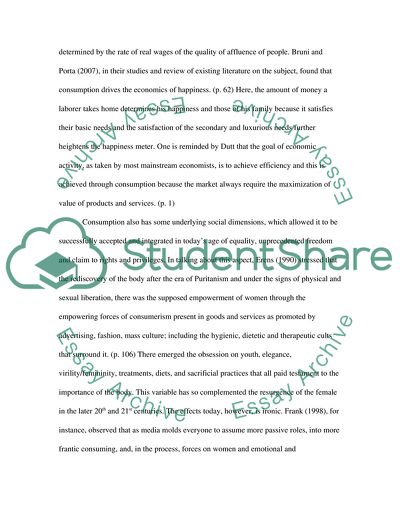Cite this document
(Measurement of Happiness Coursework Example | Topics and Well Written Essays - 1500 words, n.d.)
Measurement of Happiness Coursework Example | Topics and Well Written Essays - 1500 words. https://studentshare.org/social-science/1736704-the-more-we-consume-the-happier-we-are-discuss
Measurement of Happiness Coursework Example | Topics and Well Written Essays - 1500 words. https://studentshare.org/social-science/1736704-the-more-we-consume-the-happier-we-are-discuss
(Measurement of Happiness Coursework Example | Topics and Well Written Essays - 1500 Words)
Measurement of Happiness Coursework Example | Topics and Well Written Essays - 1500 Words. https://studentshare.org/social-science/1736704-the-more-we-consume-the-happier-we-are-discuss.
Measurement of Happiness Coursework Example | Topics and Well Written Essays - 1500 Words. https://studentshare.org/social-science/1736704-the-more-we-consume-the-happier-we-are-discuss.
“Measurement of Happiness Coursework Example | Topics and Well Written Essays - 1500 Words”. https://studentshare.org/social-science/1736704-the-more-we-consume-the-happier-we-are-discuss.


